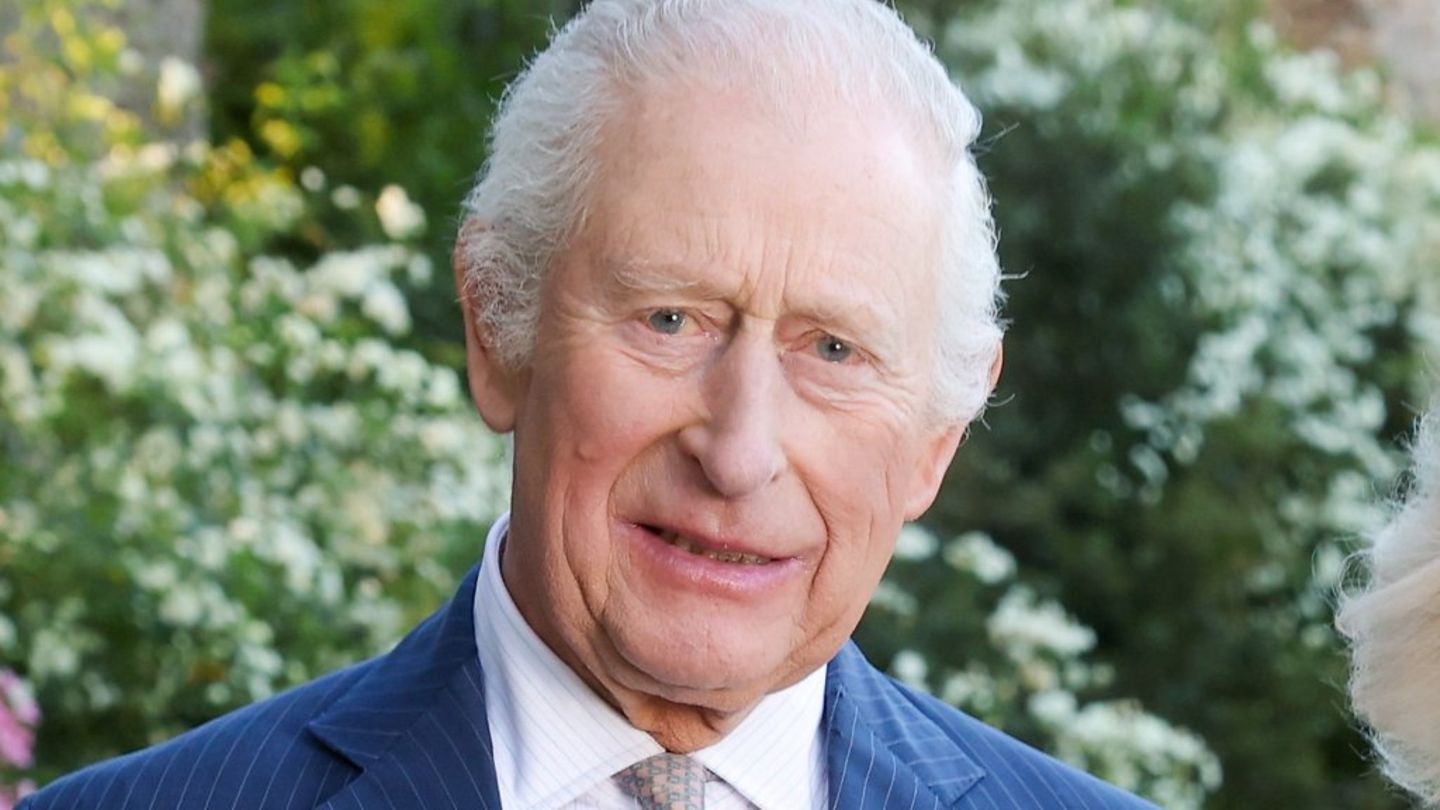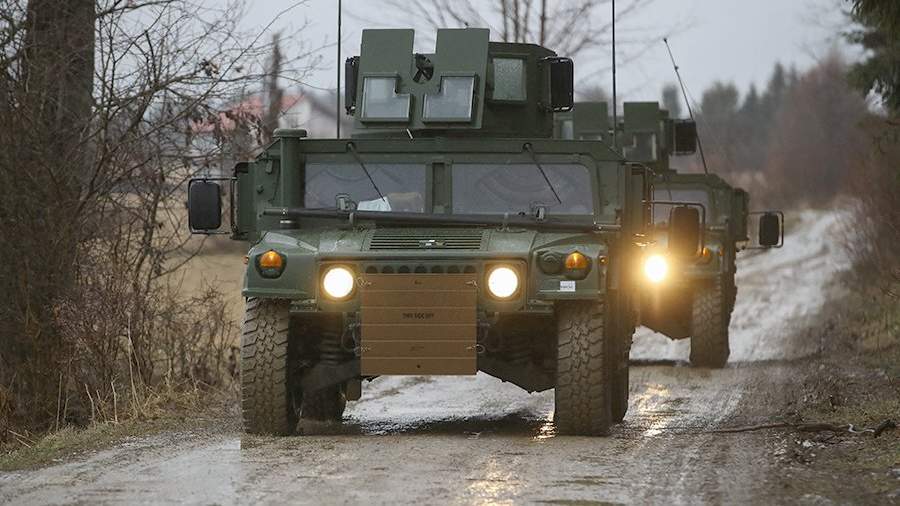Jane Stock is a technology author, who has written for 24 Hours World. She writes about the latest in technology news and trends, and is always on the lookout for new and innovative ways to improve his audience’s experience.
Menu
NATO will continue to increase its presence on the eastern flank
Categories
Most Read
What is Donald Trump’s 20-point plan to end the war like?
October 9, 2025
No Comments
Donald Trump confirmed the agreement between Israel and Hamas to exchange hostages for prisoners
October 8, 2025
No Comments
Donald Trump considers traveling to the Middle East while negotiating peace in Gaza
October 8, 2025
No Comments
This is who he wants to give US$20,000 million to
October 8, 2025
No Comments
Stephanie Venier: Named athlete of the year with a baby bump
October 8, 2025
No Comments
Latest Posts

Export-oriented industry: Mechanical engineers are pessimistic about the next few months
October 9, 2025
No Comments
AngelicaI am an author and journalist who has written for 24 Hours World. I specialize in covering the economy and write about topics such as

Automotive industry: Porsche sales continue to decline – China remains a problem child
October 9, 2025
No Comments
AngelicaI am an author and journalist who has written for 24 Hours World. I specialize in covering the economy and write about topics such as

King Charles III: New documentary shows long fight for the environment
October 9, 2025
No Comments
Lisa HarrisI am an author and journalist who has worked in the entertainment industry for over a decade. I currently work as a news editor
24 Hours Worlds is a comprehensive source of instant world current affairs, offering up-to-the-minute coverage of breaking news and events from around the globe. With a team of experienced journalists and experts on hand 24/7.

